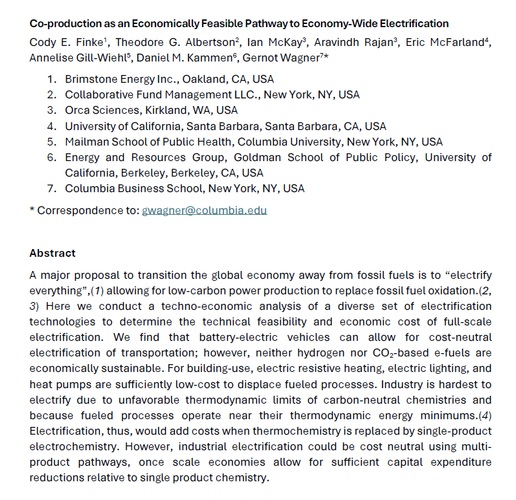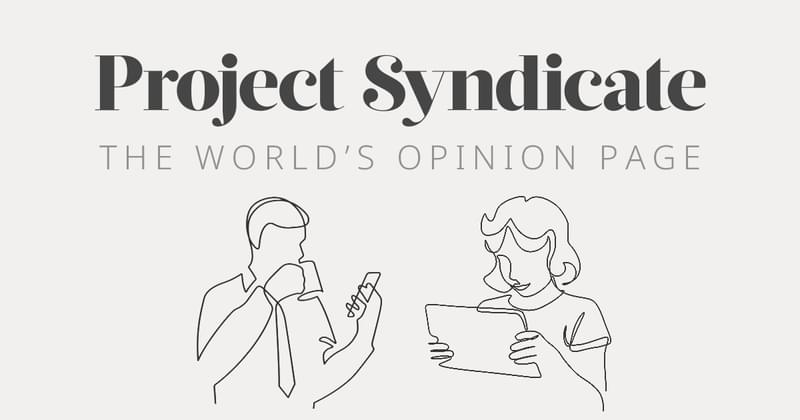The number that could shift climate action into overdrive
By Kelly Macnamara & Marlowe Hood/Agence France-Presse

Quotes in AFP story on the social cost of carbon, together with Michael Greenstone, Rachel Cleetus, and John Kerry:
In the US, the figure has for years formed part of cost-benefit analyses for everything from power plant regulations to efficiency standards for cars and household appliances, said Gernot Wagner, an expert on the economics of climate risk at New York University.
It was key in calculating US commitments under the Paris Agreement to reduce its carbon footprint.
[...]
'Here and now'
The US -- the world's second largest carbon emitter -- has rejoined the Paris Agreement, which calls for capping global warming at "well below" two degrees Celsius above preindustrial levels, with an aim for a less-damaging 1.5C.
Can the social cost of carbon help reach that goal?
Leading economists Nicholas Stern and Joseph Stiglitz warned in a recent report that "flaws" in the way it is calculated could lead to a dramatic overshoot of the Paris limits.
They argue the process should be flipped: start with the 1.5C target and work backwards, figuring out what levers are needed to get there.
But Wagner said this would only work in countries where governments embed the target into law, as in Britain.
"More important than the specific number is re-establishing a scientifically and economically credible process," that can endure changes in government and legal challenges, he told AFP.
There is consensus on one point: climate action needs to go much, much further.
"It's here and now. It's costly. And it is a big threat," Cleetus said.
"By ignoring this signal we are taking decisions that are actually worsening the harm, today and for future generations."
For the full story, see e.g. France24.


